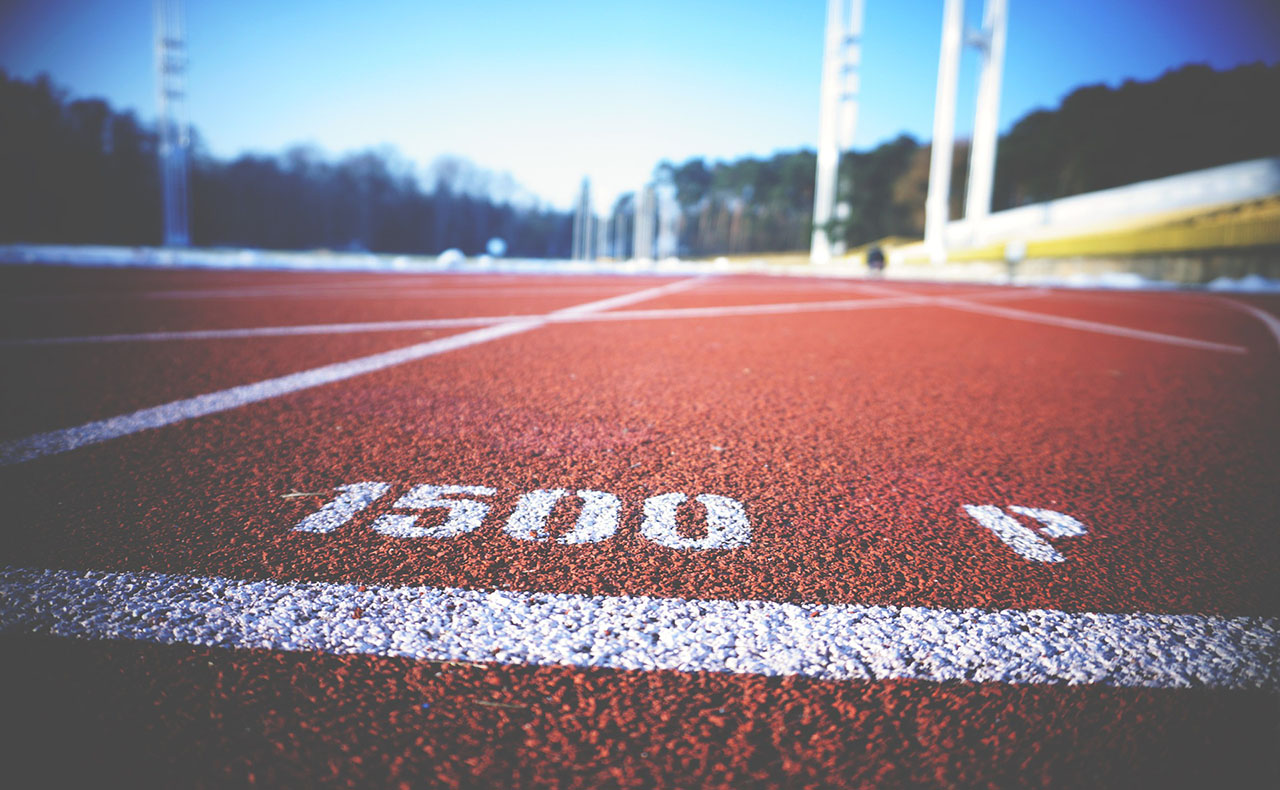“The Ripples Are Big”: Storying the Impact of Doping in Sport Beyond the Sanctioned Athlete

Published
Recent doping allegations within track and field include systemic doping (e.g. Russian Athletics), corrupt administration (e.g. the International Association of Athletics Federation; IAAF), and leaked personal data. No doubt, it is an issue currently affecting a number of individuals, organizations and nations. While the sport scrambles to recover from the growing list of condemning allegations, the athletes are increasingly drawn into the conversation(s). However, one group of athletes has been noticeably overlooked - the self-declared ‘clean athletes’ who have been personally impacted by others’ doping behaviors. Meanwhile, their experiences and perspectives have the potential to shed important (and novel) light on the supposedly far-reaching and endemic nature of doping in track and field.
By collecting the stories of elite track and field athletes who have been personally affected by others’ use of performance enhancing drugs (PEDs), two stories were created depicting their unique lived experiences. The first story, ‘Nobody saw it coming’, tells the story of the current competitive athletes: “I mean, I’m doing my sport for the same reasons I chose to do it when I was age seven – I always believed I could get to the top in my sport if I worked hard and did my best. I’ve just presumed everybody else was doing it for those reasons too. Well, I was wrong. Doping has affected me and my results. A lot… I could’ve been the best in the world but I was never told.’”
In the second story, ‘I’ve got scars’, the retired athletes relate their experiences: “You go through a period when you wonder ‘what’s the point?’… I think I was very angry and bitter that a guy cheated me out of my livelihood, cheated me out of places, cheated me out of maybe an opportunity to stand on the podium. Well actually, not just one athlete – a lot of athletes….. I do look back and wonder ‘what if?’”
The stories themselves offer unique insights into the widespread (and currently undocumented) impact of doping in sport. In particular, they detail financial, emotional, and relational implications stemming from others’ use of PEDs. Critically, the impact is not ephemeral; the retired athletes detailed the long-term implications of their experiences. Meanwhile, the current competitive athletes suggest that given the current state of sport, they regularly have to defend their status as ‘clean athletes’. Thus, the ripples of doping in sport appear to be far reaching and enduring.
The published paper is available to you for free by clicking here.
I invite you to read the paper, and then give yourself time to reflect on it. The following is the reaction the stories triggered in me. The process of creating these stories will certainly inform my research and practice going forward.
What kind of reaction do the stories trigger for you?
“When an athlete breaks the rules by using PEDs, fellow athletes regularly miss out on prize and endorsement money, as well as losing opportunities for public recognition and glory”.
The quote above is a sentence that I originally wrote into the rationale for this research. At the time, these seemed like really negative implications of PED use for fellow athletes. However, during the first interview I quickly realized how naïve I was. I walked away from that experience with so many more concerns and questions. Certainly the tangible losses (money, medals, glory, etc.) associated with being impacted by PED use must be devastating, but what does that actually feel like? How long do the emotions last? What are the long-term implications of the losses? Do you ever get over it? After just one interview I was acutely aware of how simplistic my understanding was regarding the potential implications of PED use in sport. The emotional and long-term implications of being affected by PEDs are so much greater than I had ever considered.
Now months after conducting the interviews that shaped these stories, I still find myself reflecting on things my participants said. I regularly make random comments to the people in my office, my friends, family; anyone who will listen really. The implications of doping for fellow athletes are severe. The not knowing, always wondering; the ‘what ifs?’ and ‘if only’. For the active athletes, they still have a chance to change things; their careers are not over. Conversely, for the retired athletes there is nothing left for them to do but try and accept what has happened and be proud of what they managed to accomplish despite the circumstances. That is tough. I cannot imagine looking back on my career and wondering what could have and might have happened ‘if only’. The worst part is, the ‘if only’ was (and is) out of their control. There is likely nothing they could have or would have done differently; rather, it’s something that the PED using athlete would/could have done different. What would have happened then? How different might their situation be now? Chances are, they’ll never know. I can’t imagine what that feels like. However, I’m grateful that I’ve had a chance to offer these athletes (hopefully!) an opportunity to try and convey just that; what it feels like. Also, I feel compelled to continue providing this opportunity.
Thank you to the International Athletics Foundation for helping fund the research. Thank you as well to my participants for trusting me with your stories. It is an honor.
Kelsey Erickson, PhD
Research Fellow
Institute of Sport, Physical Activity and Leisure
Leeds Beckett University
United Kingdom
Twitter: @kelslee777
k.erickson@leedsbeckett.ac.uk
Share this article:
Published in:





